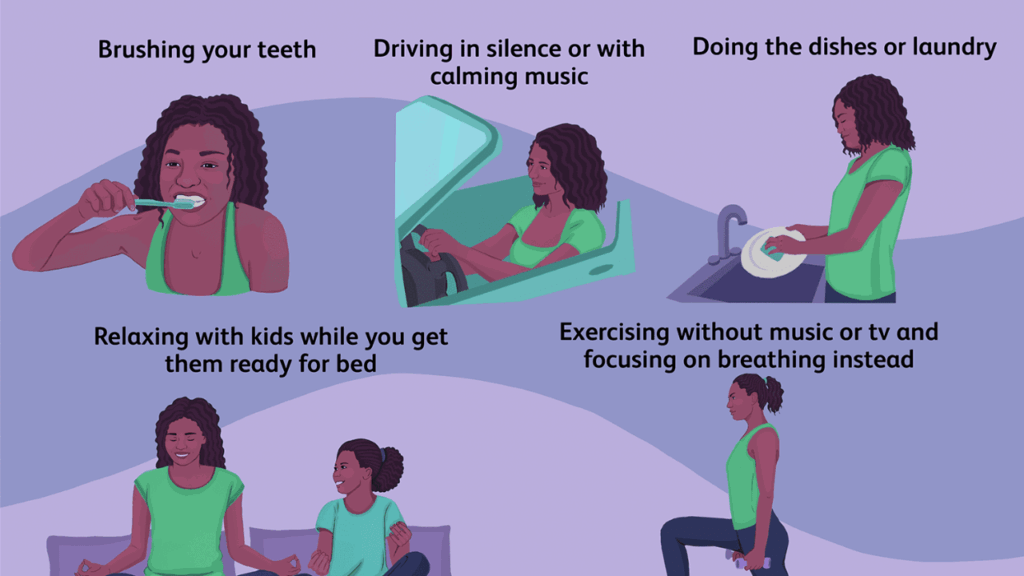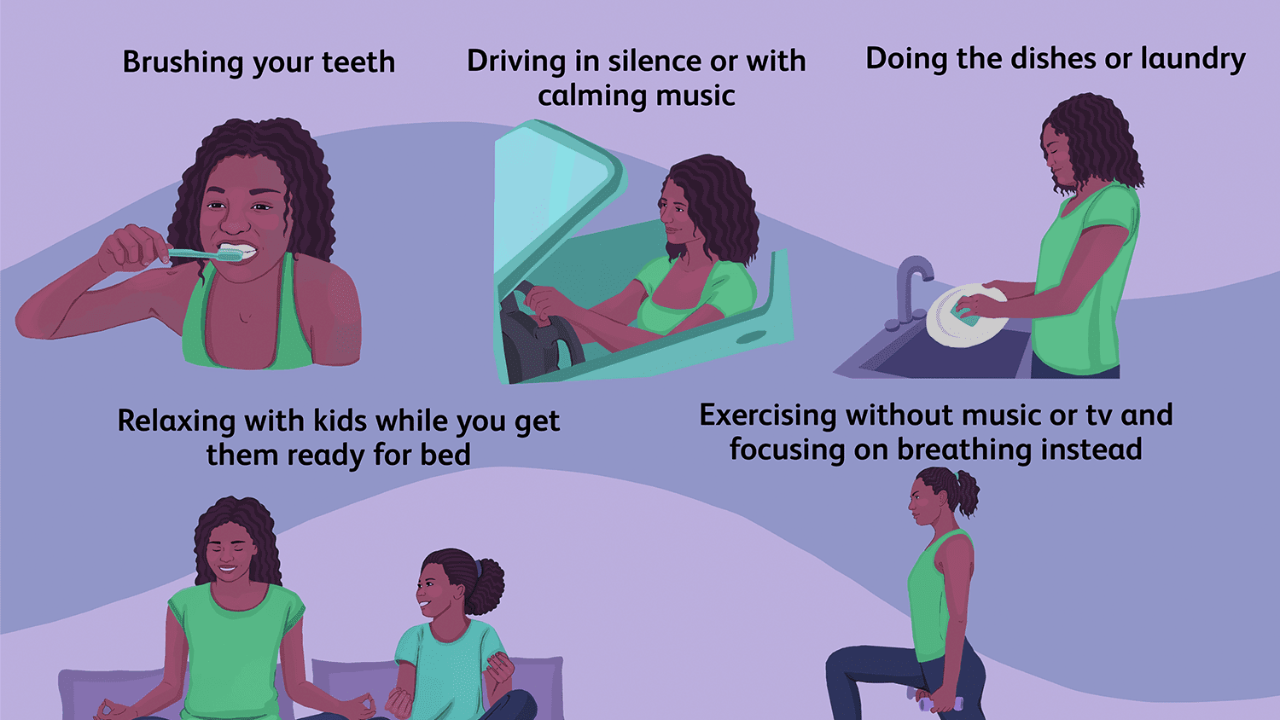
In a world where constant notifications, digital overload, and daily stressors dominate our lives, mindfulness apps have surged in popularity. Millions of people are turning to their smartphones for meditation, breathing exercises, and guided practices to calm the mind. But the question remains—do these apps really work, or are they just another passing trend?
Why Mindfulness Apps Are So Popular
Mindfulness, rooted in ancient meditation practices, focuses on being present in the moment. Apps like Headspace, Calm, and Insight Timer have modernized this practice, making it accessible to anyone with a smartphone.
Key reasons for their popularity include:
- Convenience: Guided meditations are available anytime, anywhere.
- Personalization: Users can choose sessions for sleep, focus, stress, or anxiety.
- Affordability: Compared to therapy or wellness retreats, many apps are free or inexpensive.
- Data-Driven Appeal: Some apps track progress, giving users measurable feedback.
Do They Actually Work?
The effectiveness of mindfulness apps depends on how they are used. Studies suggest that consistent use can help reduce stress, improve focus, and even support better sleep. However, like any self-help tool, they are not a “magic fix.”
Benefits Noted in Research:
- Reduced Stress and Anxiety – Regular mindfulness practice lowers cortisol levels.
- Improved Focus – Apps train attention, helping with productivity and concentration.
- Better Sleep – Guided sleep meditations aid relaxation before bedtime.
- Emotional Regulation – Users report greater calm and resilience in stressful situations.
Limitations to Keep in Mind:
- Short-Term Engagement: Many users quit after initial enthusiasm.
- Surface-Level Practice: Apps may not provide the same depth as traditional meditation training.
- Not a Replacement for Therapy: Helpful for mild stress, but not for severe mental health conditions.
Popular Mindfulness Apps Compared
| App Name | Strengths | Best For |
|---|---|---|
| Headspace | Friendly, beginner-focused, structured | New users, daily routines |
| Calm | Sleep stories, soothing music, visuals | Sleep improvement, stress relief |
| Insight Timer | Huge library, free meditations | Budget-friendly, variety seekers |
| Ten Percent Happier | Science-backed, practical approach | Skeptics, busy professionals |
| Balance | Adaptive and personalized sessions | Customized practice |
How to Make Mindfulness Apps Work for You
Simply downloading an app isn’t enough—you need consistency and intention. Here are strategies to maximize their impact:
- Start Small – Begin with 5-minute sessions to build habit.
- Set Reminders – Use app notifications wisely to stay consistent.
- Pair with Daily Routines – Meditate before bed, during commutes, or before work.
- Track Your Progress – Many apps have journals or streak counters that boost motivation.
- Combine with Offline Practices – Nature walks, journaling, or deep breathing enhance the effect.
Table: Benefits vs. Limitations of Mindfulness Apps
| Aspect | Benefits | Limitations |
|---|---|---|
| Stress Management | Reduces anxiety & tension | May not address severe conditions |
| Sleep Quality | Promotes relaxation & deep sleep | Results vary with consistency |
| Accessibility | Available anytime, anywhere | Over-reliance on devices possible |
| Personal Growth | Enhances focus & self-awareness | Less depth compared to in-person training |
| Cost-Effectiveness | Cheaper than retreats or therapy | Premium features can be expensive |
Overview Table
| Use Case | App Recommendation | Ideal For |
|---|---|---|
| Beginners | Headspace | Those new to meditation |
| Sleep & Relaxation | Calm | People struggling with insomnia |
| Budget-Friendly | Insight Timer | Users wanting free, diverse meditations |
| Science-Based Focus | Ten Percent Happier | Professionals and skeptics |
| Personalized Practice | Balance | Users seeking tailored guidance |
Final Thoughts
Mindfulness apps are more than just a digital fad—they provide a gateway into meditation and mental well-being. While they may not replace traditional practices or therapy, they can help millions of people reduce stress, sleep better, and regain balance in their busy lives.
The key is consistent, intentional use. If treated as a supportive tool rather than a quick fix, mindfulness apps can truly make a difference in building a calmer, more focused life.
3 Quick FAQs
Q1. Are mindfulness apps effective for reducing stress?
Yes, regular use can help lower stress and anxiety levels, but consistency is key.
Q2. Can these apps replace professional therapy?
No, they can support well-being but should not replace professional help for serious conditions.
Q3. Which mindfulness app is best for beginners?
Headspace is often recommended for beginners due to its simple, guided approach.

